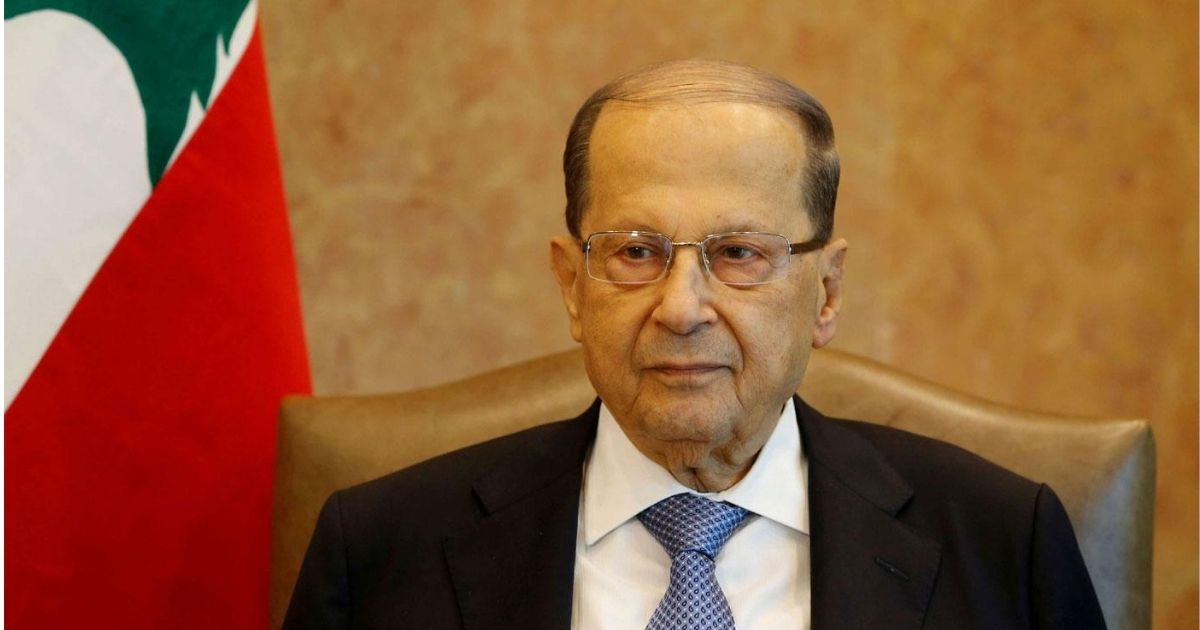In Lebanon, investigations into several political assassinations, financial crimes, the Beirut Port Explosion, and more go nowhere. Lebanon is so mired in corruption that it even extends to the judiciary as President Michel Aoun recently admitted in an interview with Al-Jadeed.
Here’s where the United States Embassy in Beirut is stepping up efforts to help develop an independent and effective Lebanese judicial system that can combat corruption and enact desperately-needed reforms.
In a press release, the U.S. Embassy stated that its Office of International Narcotics and Law Enforcement Affairs (INL) along with the American Bar Association (ABA) have provided technical training to more than 350 Lebanese judges and prosecutors.
The training sessions “focused on efforts to strengthen the country’s criminal justice processes and develop proposals for alternative sentencing or judicial punishments other than incarceration,” the statement said.
Topics covered during the training included:
- modern forensic techniques
- the use of digital evidence in prosecutions
- how to track money laundering schemes
- the evolution of cyber-related crimes
- how to prosecute cases involving banking secrecy and illicit enrichment
- combatting public corruption
- the concept of plea bargaining
- alternatives to incarceration to reduce Lebanon’s pre-trial prison population
Speaking about the training, the Head of the Higher Judicial Council Judge Souheil Abboud said that it “served as an occasion for Lebanese judges to advance their knowledge and expertise on several subjects pertaining the various field of the law.”
In addition, 15 Lebanese judges were trained to develop continuing education classes that will ensure that the judges and prosecutors who had participated in the training sessions retain what they have learned.

















